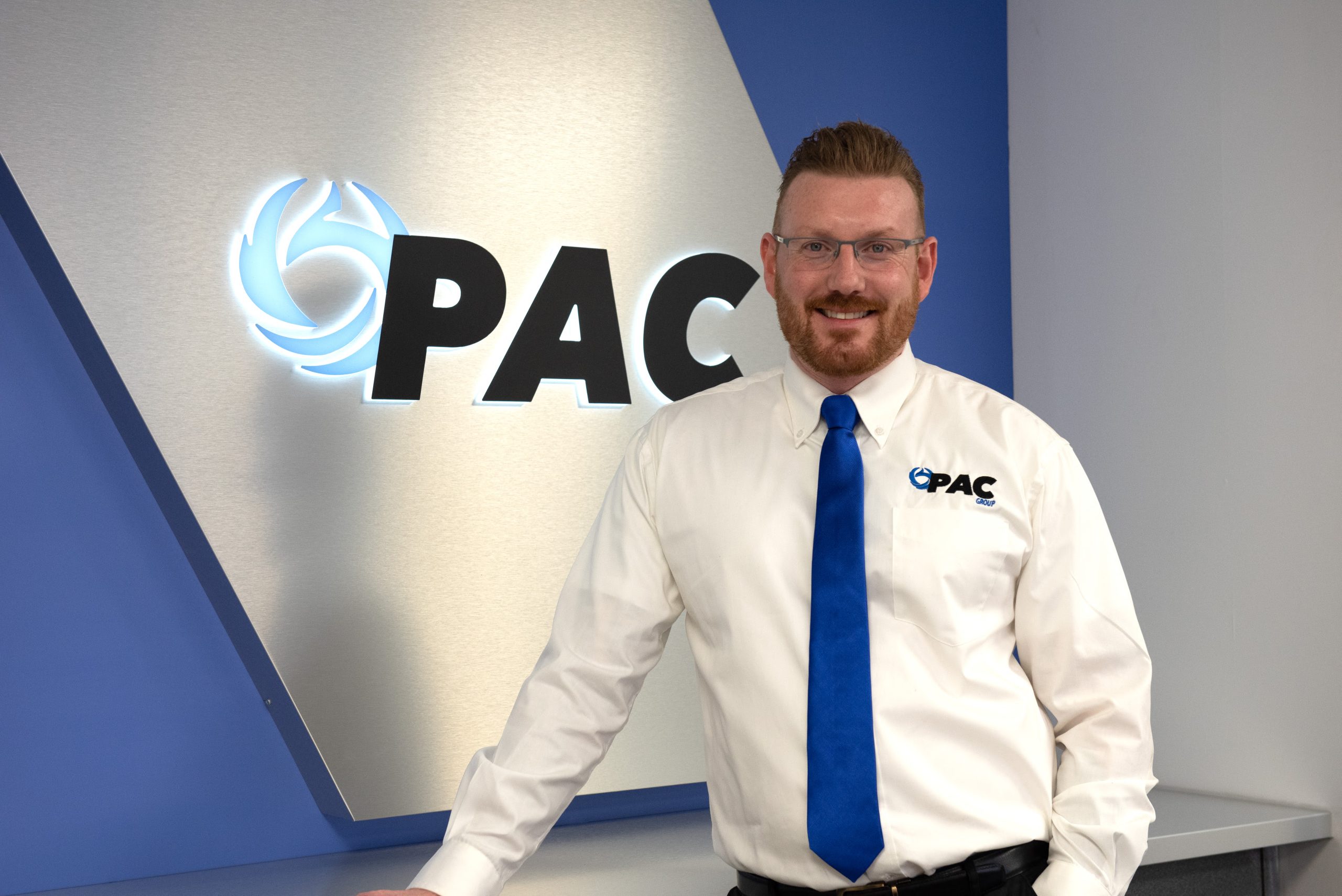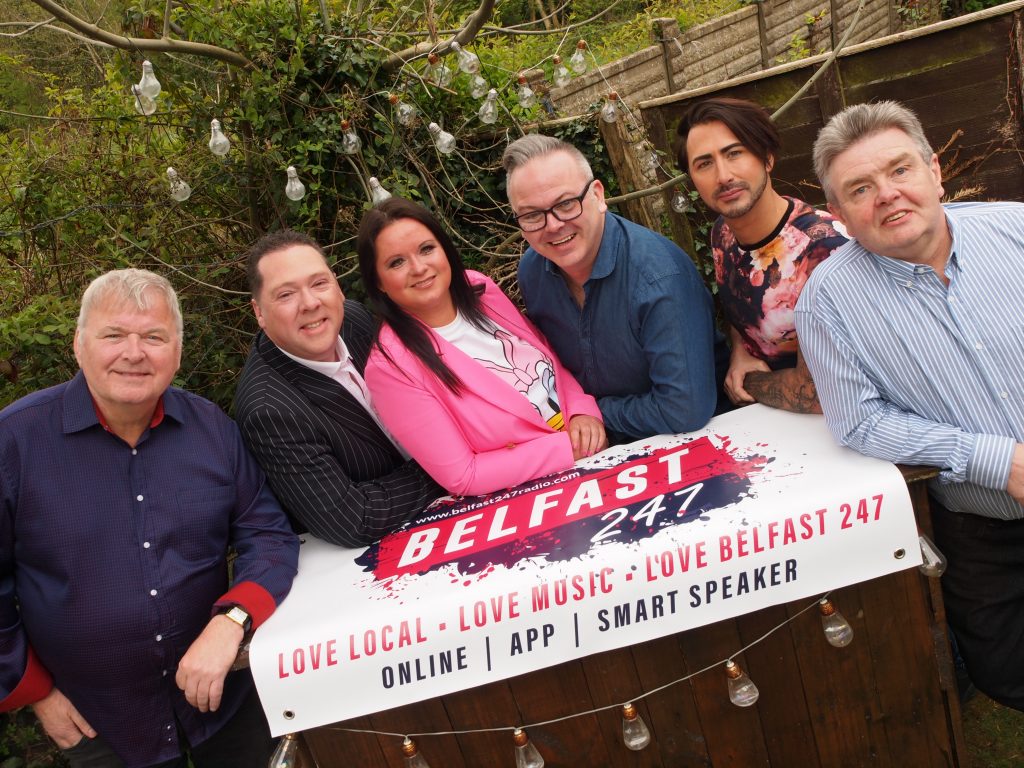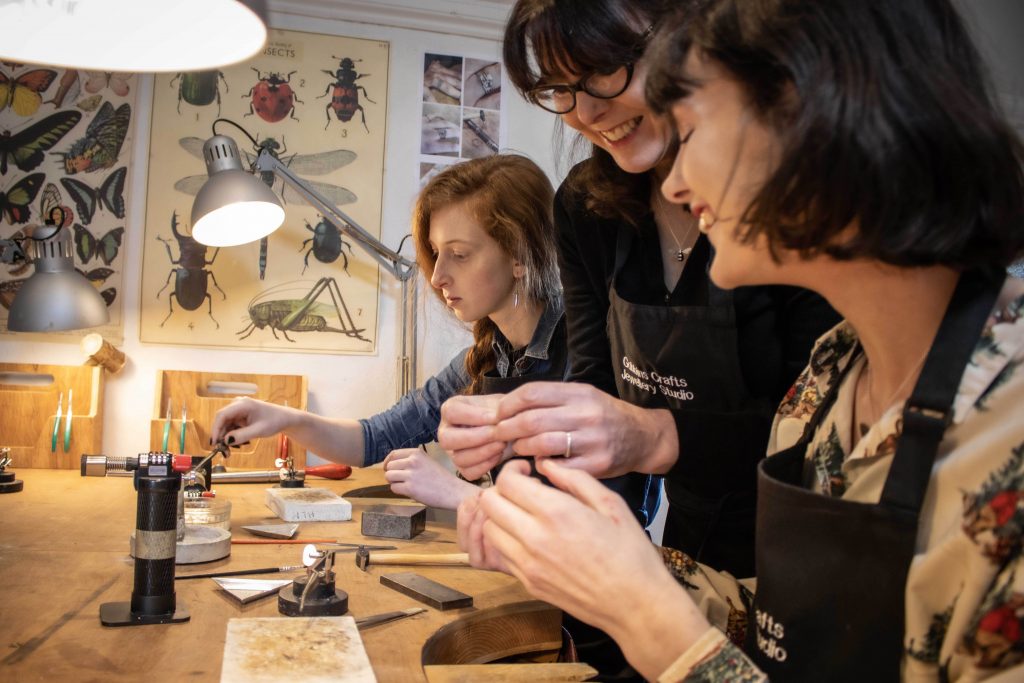Setting an example at PAC Group
By Darren Leslie
Business Development Director, PAC Group
Northern Ireland has been without a government for a year and there is no indication that we will have one in place in the immediate future. As a result, the health service, education and infrastructure are all suffering from underinvestment.
It is affecting almost every part of life and the political stalemate comes at a time when the cost of living is affecting every person. What is clear, however, is that while policies and initiatives remain stalled, businesses must continue to project what can be done now for their own future and planned investment.
A key investment is needed in a drive towards sustainability. Yes, there is a Northern Ireland target to have 80% of our energy generated from renewable sources by 2030, but the driver for all sectors of society is the real need to drive down operating costs.
Being an environmentally friendly business now makes economic sense. At PAC Group we have seen that for ourselves, by installing solar panels and electric vehicle charging points.
Not only was it incumbent to put our proverbial money where our mouth was in selling solar solutions, but it was an economic decision. Obviously, it is easier to sell it or just talk about it when you have done it yourself, but by doing so we are able to show the outcome, show our customers the benefits of it, and then talk about it that way.
And, it is a decision that more and more businesses are taking.
However, there are many obstructions to Northern Ireland taking this even further, and rolling it out across more and more businesses, not least the planning and application processes and assessment of the grid having the correct infrastructure in place. That is not the case in many areas, and without investment, it will not be there for several years.
In addition, while higher energy prices mean that the return on investment for business and domestic solar installation is vastly reduced, the current tariff of selling excess back into the grid is paltry. Again, investment is required.
The same applies to electric vehicle charging points. Although the government announced the end of the sale of new petrol and diesel cars in the UK by 2030, there are too few chargers and too few sites with multiple chargers. For businesses that want to future-proof their fleet and support employees’ drive to save on driving costs, it makes sense. We cannot afford to wait for the government to catch up.
Innovation is essential. At PAC Group our investment in research and development is ingrained in everything we do. For example, our Enviro division is making managing water use and water waste sustainable. By incorporating solar solutions with this the cost is driven down.
Our clients also understand that a drive towards environmentally sensitive approaches is a business driver. Our composite division works to create flexible machinery and processes works in many industrial applications.
The aerospace industry has started to come back again after the downturn and what they are trying to do for sustainability is obviously lightening the aircraft. Lightweight structures are something the industry is looking to invest in and some of the machines that we build assist them in building the composite parts to make the aeroplane lighter weight.
The future is never predictable, but there are some things we can confidently predict such as legislative demands to becoming more sustainable. Whatever happens with the current impasse over the Northern Ireland Protocol it can be said that the UK will broadly follow EU legislation on making all businesses employ sustainable production practices.
Business planning for this is part of the next five-year cycle. It is not something that can be pushed back and it is not something anyone can afford to ignore any further.
The reality is that there will be frustrations as the investment in making the infrastructure fails to keep up with the demands, but there are ways around this, such as installing batteries with solar solutions to avoid having to export back into the grid.
The frustrations should be a driver towards solutions. We see, from the growing number of enquiries for sustainable energy production through solar that businesses want to invest in these practices.
Northern Ireland’s Climate Action Plan has set ambitious targets that may or not be met, however, businesses must not see that as their driver, but rather what they can do to benefit themselves, employees, and owners.
We can create a win-win situation for the future and the climate.





